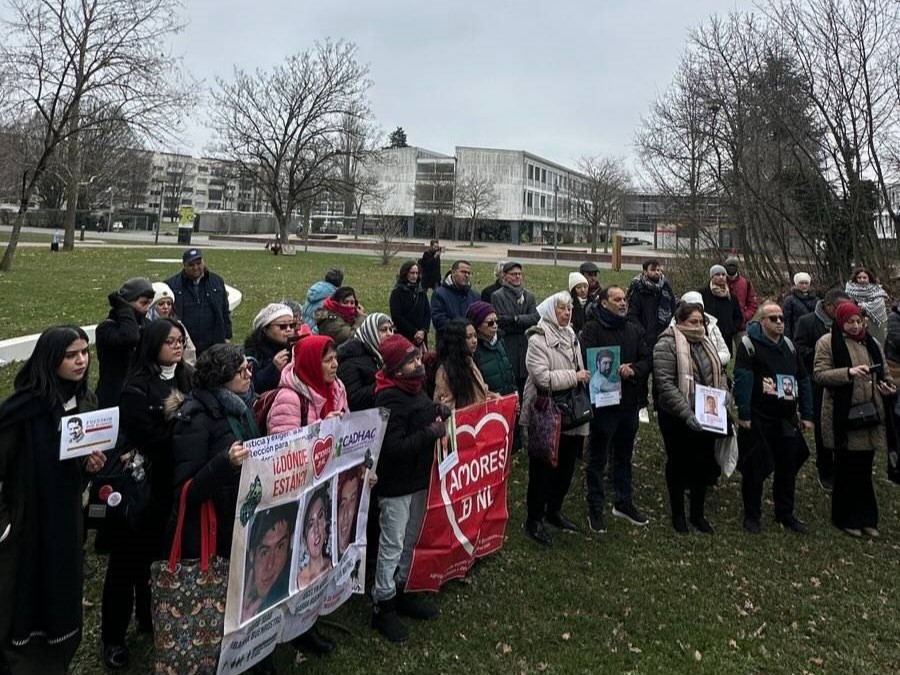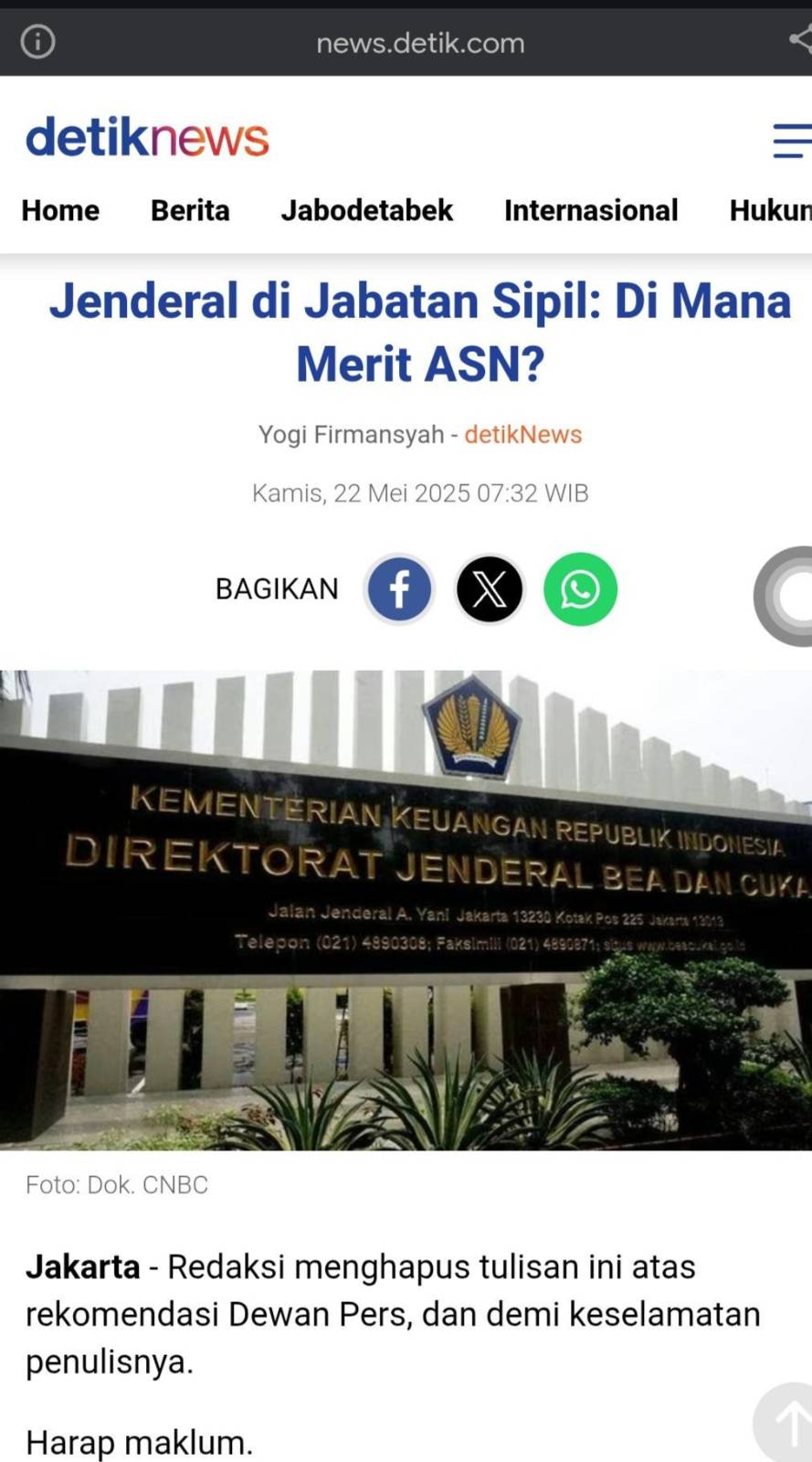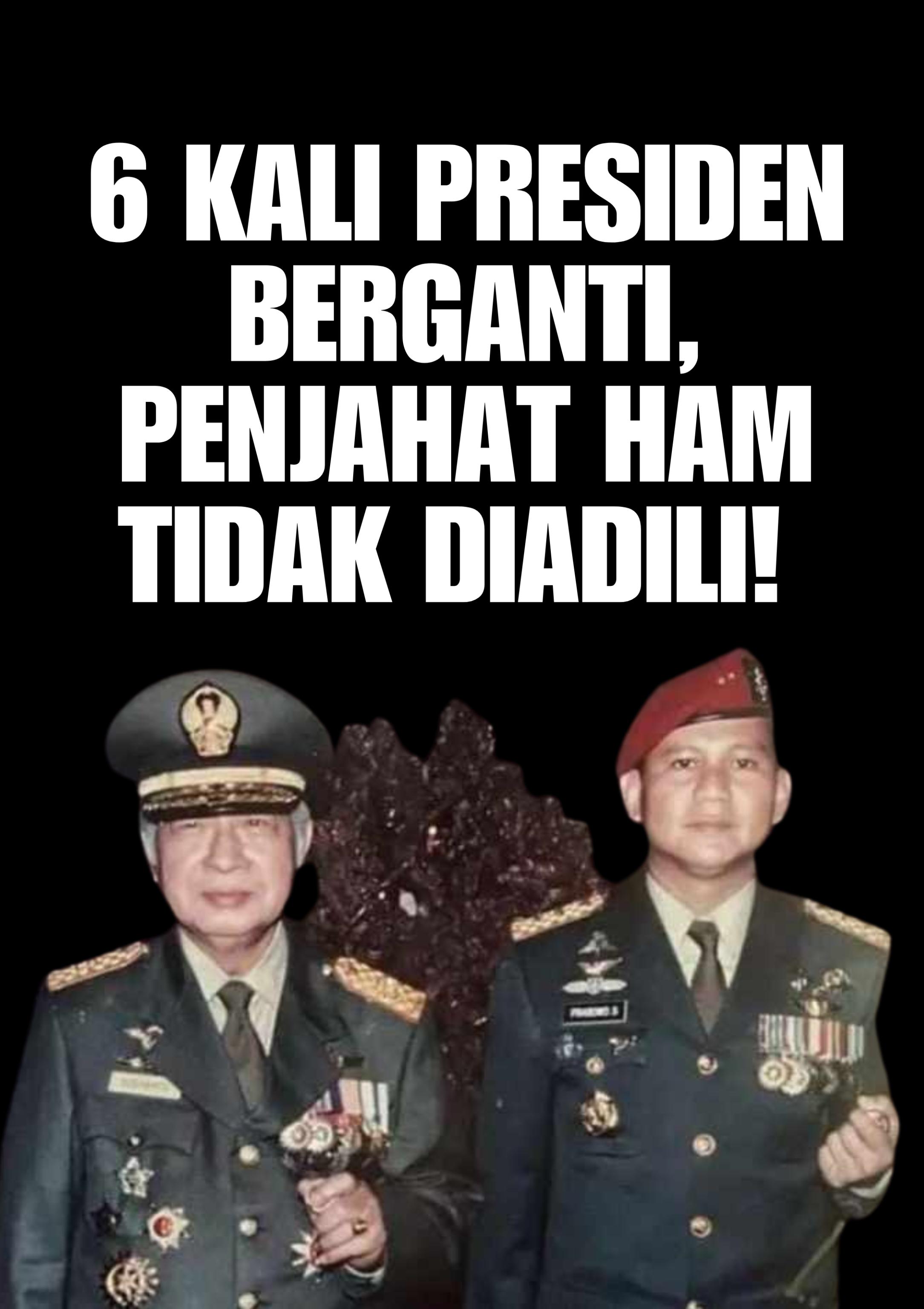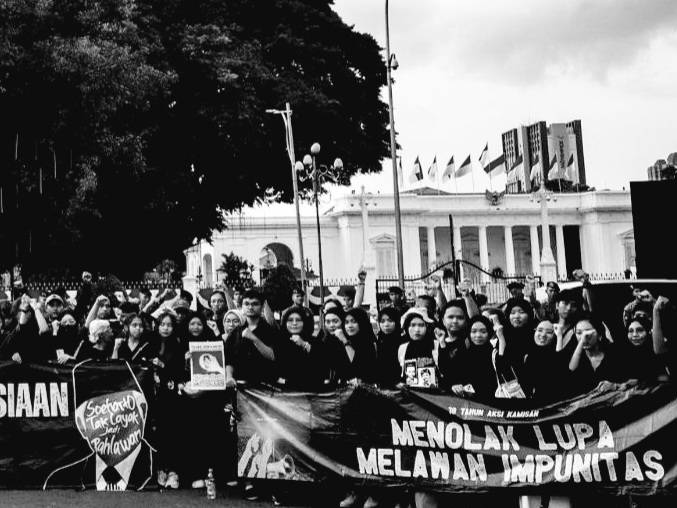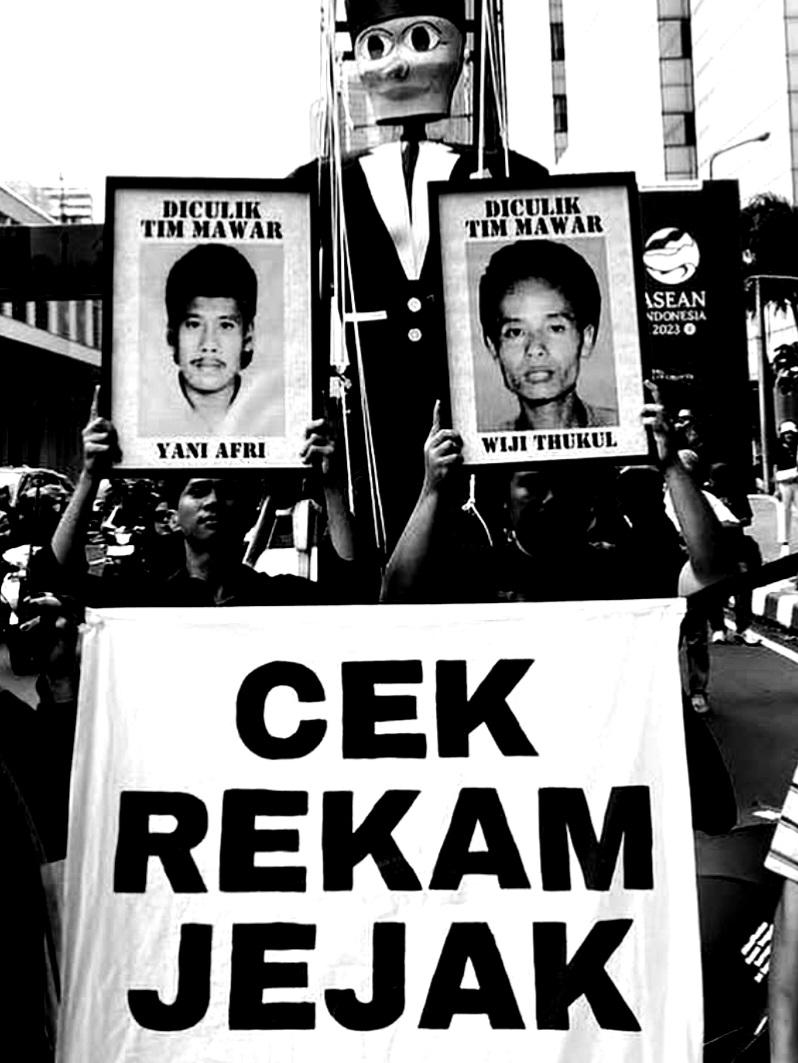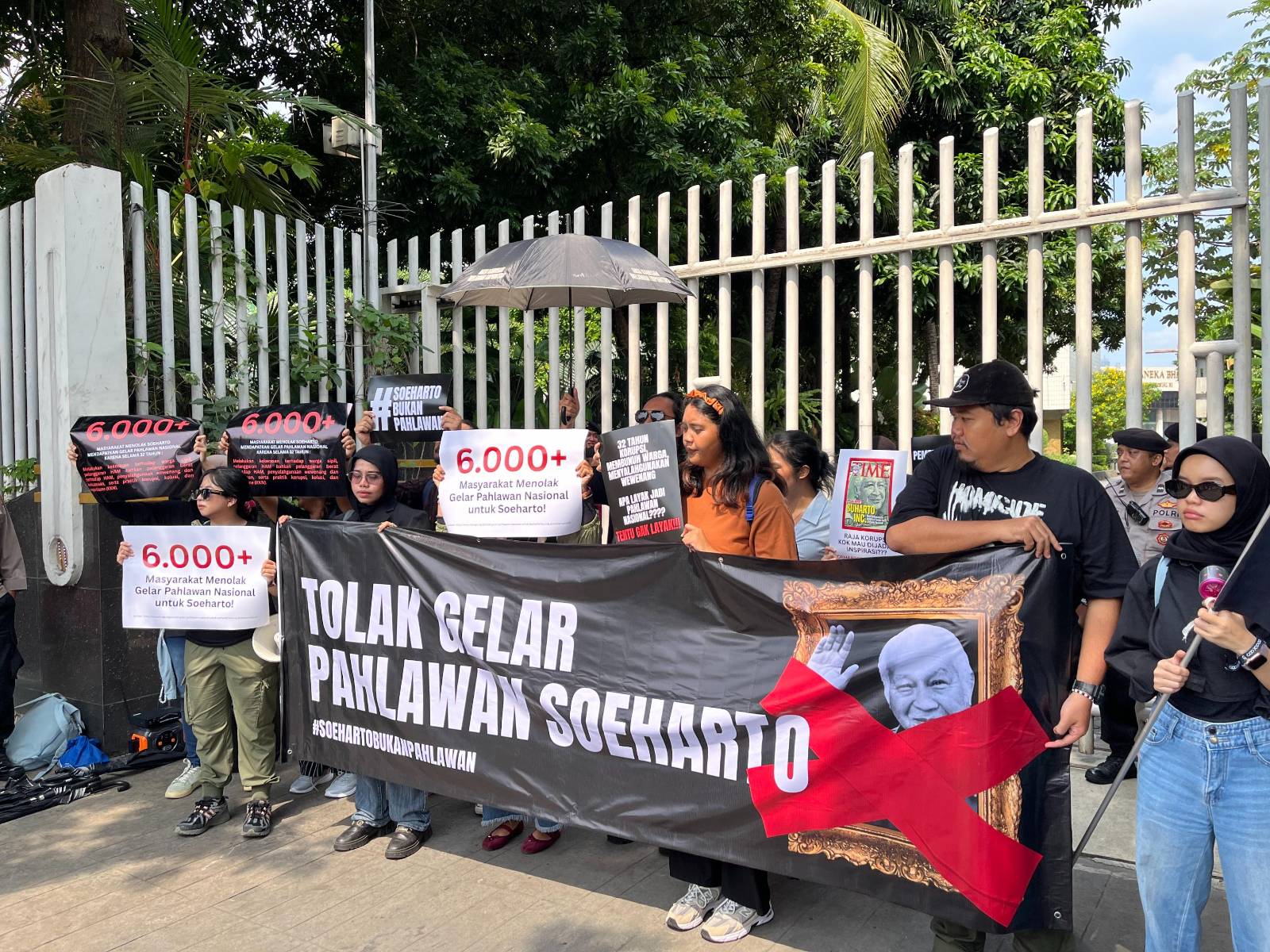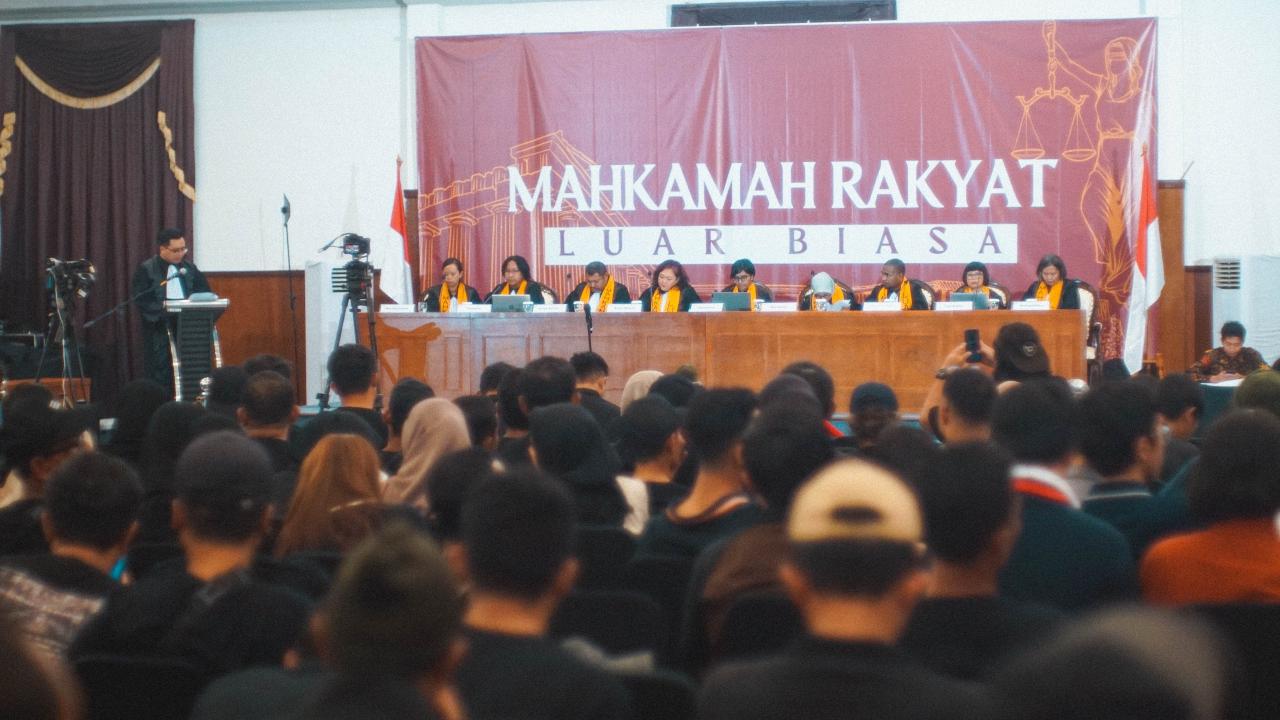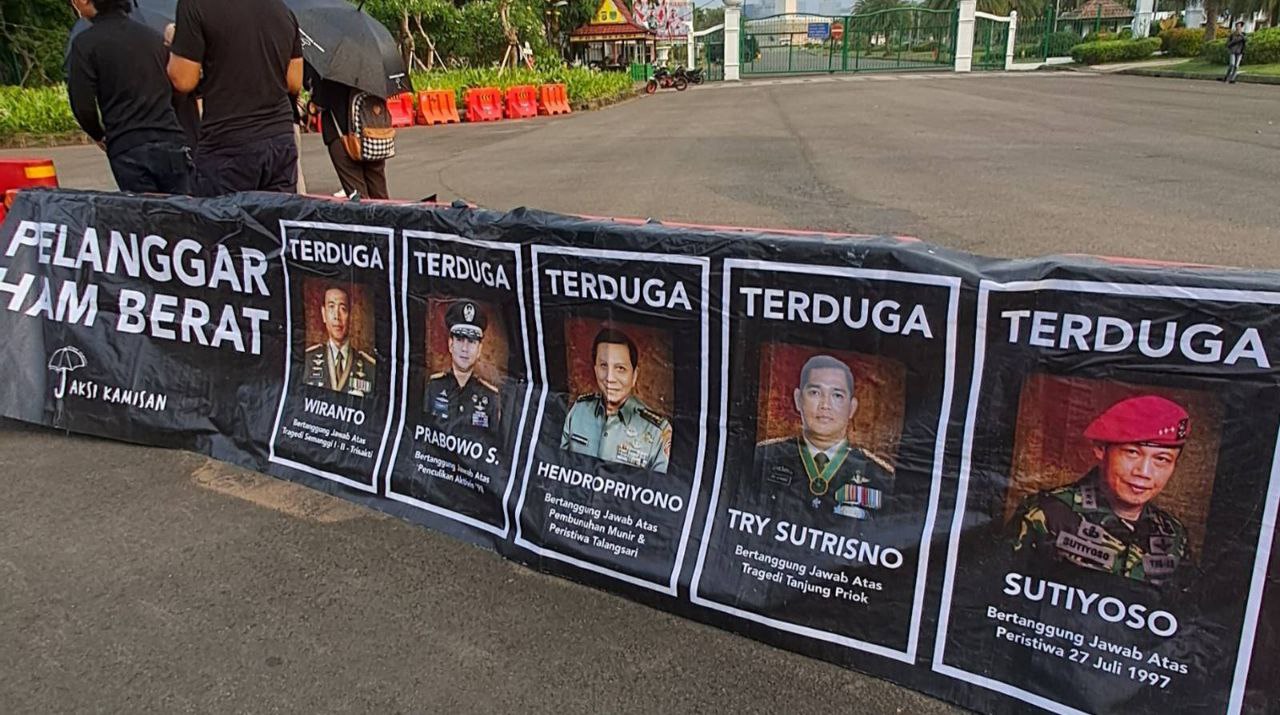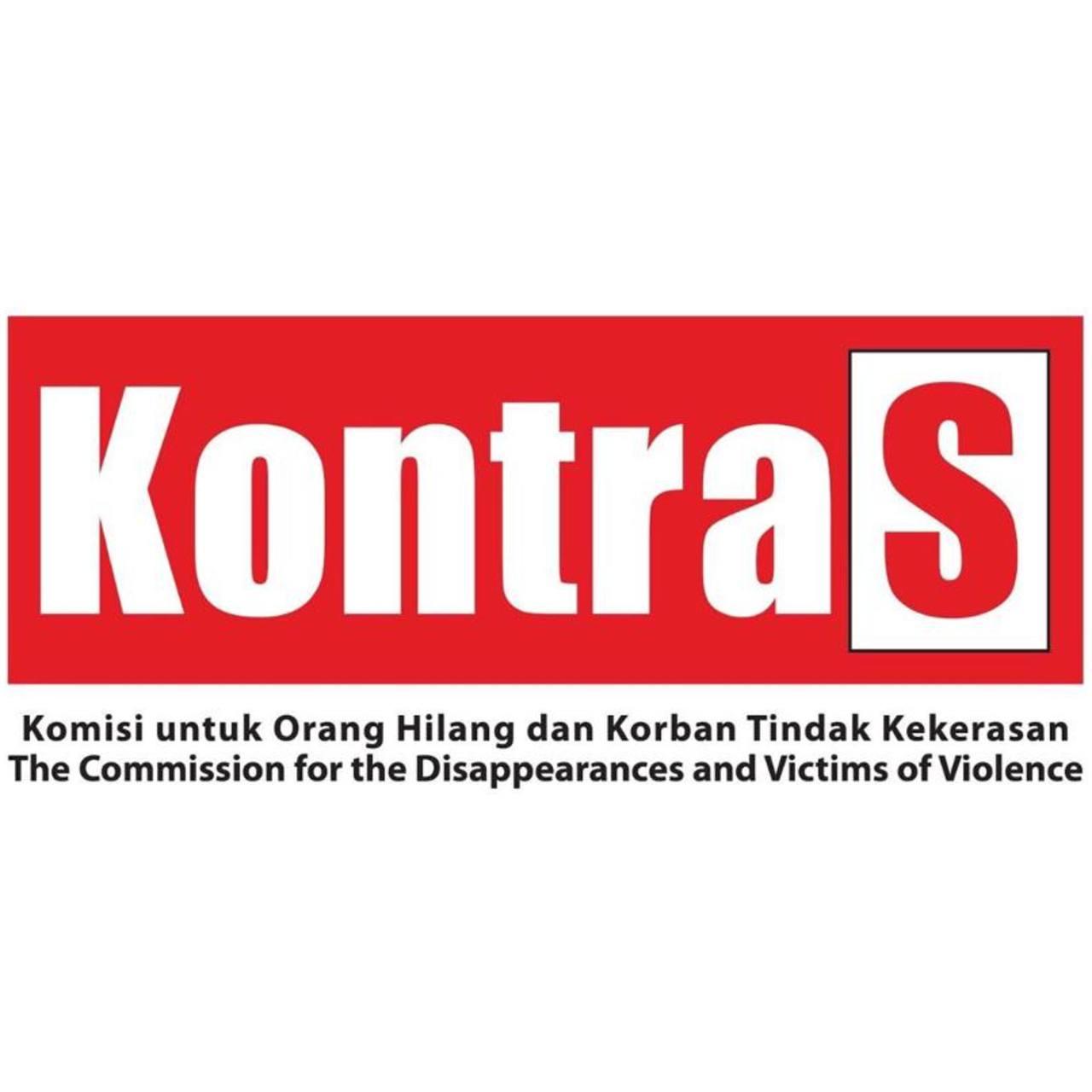Jakarta, 15 May 2025 – International civil society organizations strongly condemn the initiative to grant the title of National Hero to Soeharto, the second President of the Republic of Indonesia. His authoritarian rule from 1967 to 1998 was marked by gross human rights violations and systemic corruption, collusion, and nepotism. The proposal, initiated by Minister of Social Affairs Saifullah Yusuf and discussed with the Central Team for the Study and Review of Hero Titles (TP2GP), emerged during a March 18, 2025 meeting where the Ministry of Social Affairs and TP2GP considered ten candidates for the National Hero title to be proposed to the President. The process represents an effort by the Prabowo Subianto administration to reinforce impunity and disregard the victims and family victims of past gross human rights violations.
Throughout his 32-year rule, Soeharto had a record of gross human rights violations, including the 1965–1966 Crimes Against Humanity, the Mysterious Shootings (1982–1985), the Tanjung Priok massacre (1984), the Talangsari massacre (1989), the Santa Cruz massacre (1991), the Military Operations Zone in Aceh (1989–1998), enforced disappearances (1997–1998), the Trisakti shootings (1998), the Semanggi I and II incidents, the killing of alleged shamans (1998), the May 13–15, 1998 tragedy, and human rights violations in Papua. At the same time, Suharto institutionalized corruption, collusion, and nepotism, undermining democratic institutions and consolidating power within a tight political and military elite.
The attempt to honor Soeharto as a National Hero is a reflection of how political power continues to reproduce itself by sanitizing the past and erasing the memory of state-sponsored violence and repression. It is a brazen insult to the victims and their families, as well as a direct assault on the hard-fought struggles for truth, justice, and reconciliation. Granting the title of national hero to a perpetrator of crimes against humanity would constitute a betrayal of the victims and survivors of past human rights violations. Many of them have yet to receive recognition, justice, or reparations. We, as members of the international civil society, believe that conferring this title on Soeharto would amount to symbolic violence against the victims of gross human rights violations.
Thus, we urge the Minister of Social Affairs, Saifullah Yusuf, and the Hero Title Review and Research Team (TP2GP) to reject the proposal to grant the title of national hero to Soeharto, for the following reasons:
First, the proposal to confer the title of National Hero Upon Soeharto significantly undermines Indonesia's commitment to uphold human rights in the international community. For instance, the recommendations given during the International Covenant on Civil and Political Rights (ICCPR) review on 28 March 2024. The Human Rights Committee highlighted the continuing lack of accountability for past gross human rights violations, including the failure to clarify the outcomes of investigations into the 1965-1966 and 1997-1998 atrocities.1 The attempt also underlines the contradiction of progress and follow-up in the National Human Rights Institutions' (Komnas HAM) pro-justicia investigation to Soeharto's unresolved human rights abuses.
Second, the International People’s Tribunal 1965 (IPT 1965), held in The Hague in 2016, declared that the Indonesian state is responsible for ten forms of gross human rights violations that occurred during the 1965–1966 tragedy. The tribunal concluded that these actions amounted to genocide, with the Indonesian military, under the command of Soeharto, playing a central role in the massacre of hundreds of thousands of people accused of being communists or sympathizers.2
Third, during his 32 years in power, Soeharto tops the list of leaders accused of embezzling money from their countries, according to a report by Transparency International. The report accuses him of taking as much as $35 billion during his 32-year rule.3 The Stolen Asset Recovery Initiative (StAR), a joint program between the UN and the World Bank aimed at helping countries trace and recover stolen assets, which ranked H.M. Suharto as the most corrupt (former) president of the 20th century.4 The World Bank also examined the patronage networks and kleptocratic structures entrenched under the New Order regime, which systematically used state power to enrich the ruling family and close associates. Soeharto bears responsibility for the institutionalization of corruption through the deliberate weakening of state institutions, the accumulation of substantial public debt due to mismanagement of the financial sector, the rapid depletion of Indonesia’s natural resources, and the entrenchment of cronyism and corruption among the business elite.5
In light of the concerns raised, the undersigned International civil society organizations:
-
STRONGLY REJECT the Proposal to Grant the Title of National Hero to Soeharto.
-
URGE the Minister of Social Affairs, Saifullah Yusuf, and the Hero Title Review and Research Team (TP2GP) to engage in transparent, inclusive, and accountable communication regarding the nomination of Indonesia's national heroes.
-
DEMAND the Indonesian Government address and resolve past gross human rights violations committed during Suharto’s presidency (1967–1998), as well as acts of collusion, corruption, and nepotism, in accordance with International Community recommendation.
Sincerely,
International Civil Society Organization
Africa Centre for Open Governance (AfriCOG) - Kenya
Africa Network for Environment and Economic Justice(ANEEJ) - Nigeria
ALTSEAN-Burma - Southeast Asia
Asia Citizen Future Association - Taiwan
Asian Federation Against Involuntary Disappearances (AFAD) - Philippines
Asosiasaun HAK Timor-Leste
Association femme et Action pour le Développement - Guena
Citizens' Alliance for North Korean Human Rights (NKHR) - South Korea
Conectas Human Rights - Brazil
Egyptian Initiative for Personal Rights (EIPR) - Egypt
FIDH - International Federation for Human Rights
Families of Victims of Involuntary Disappearance (FIND) - Philippines
Fundación Mujeres en Igualdad - Argentina
Indonesia Corruption Watch - Indonesia
Infrastructure Transparency Initiative Ethiopia (CoST) - Ethiopia
Irish Council for Civil Liberties - Ireland
Just Economy and Labor Institute - Thailand
Odhikar - Bangladesh
Public -Private Integrity - Gambia
Public Private Integrity - Kenya
Suara Rakyat Malaysia (SUARAM) - Malaysia
Taiwan Association for Human Rights (TAHR) - Taiwan
The Asian Forum for Human Rights and Development (FORUM-ASIA)
The Commission for the Disappeared and Victims of Violence (KontraS) Indonesia
The Human Rights Law Network (HRLN) - India
The People’s Empowerment Foundation - Thailand
Watch65 - Netherland
Individual
Aldo W. Foe - United States of America
Annie Pohlman - Netherlands
Aubrey Fanani - Taiwan
Cara Ella Bouwman - Netherlands
Chiara Giardi - San Marino
Fia Hamid-Walker - Melbourne Law School - Australia
Gladwell Otieno - Kenya
Jake Lynch, Associate Professor in the Discipline of Sociology and Criminology, University of Sydney - Australia
Lea Pamungkas - Netherlands
Nick Riemer, Senior Lecturer, Discipline of English and Writing - Australia
Nico Schulte Nordholt - Netherlands
Padraic Gibson, Associate Professor, Jumbunna Institute UTS - Australia
Ratna Saptari - Netherlands
Siswa Santoso - University of Amsterdam alumnus
Soe Tjen Marching
Tom Barnes, Associate Professor, Sociology, ACU - Australia
1 Human Rights Committee, Concluding observations on the second periodic report of Indonesia https://www.ohchr.org/en/documents/concluding-observations/ccprcidnco2-concluding-observations-second-periodic-report
2 Indonesia’s Mass Killings of 1965 Were Crimes Against Humanity, International Judges Say https://time.com/4414438/indonesia-crimes-against-humanity-1965/
3 Newyork Times, Asia: Indonesia: Suharto Tops List Of Embezzling Leaders https://www.nytimes.com/2004/03/26/world/world-briefing-asia-indonesia-suharto-tops-list-of-embezzling-leaders.html
4 The UN Office on Drugs and Crime (UNODC), the Stolen Asset Recovery (StAR) initiative https://www.unodc.org/pdf/Star_Report.pdf
5 World bank, Indonesia - Combating corruption in Indonesia - enhancing accountability for development https://documents.worldbank.org/en/publication/documents-reports/documentdetail/548131468774967556/indonesia-combating-corruption-in-indonesia-enhancing-accountability-for-development
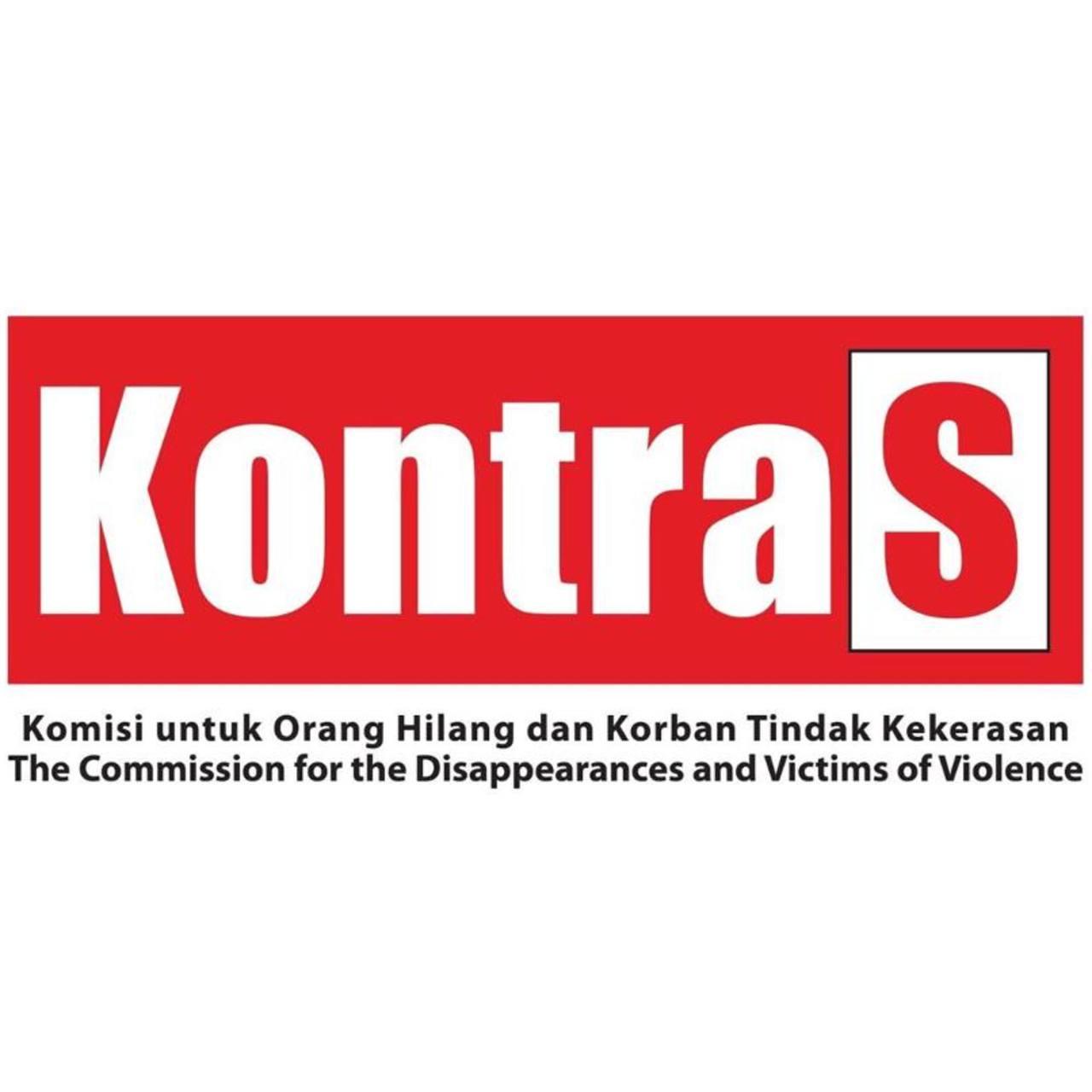
KontraS
Komisi Untuk Orang Hilang dan Korban Tindak Kekerasan


